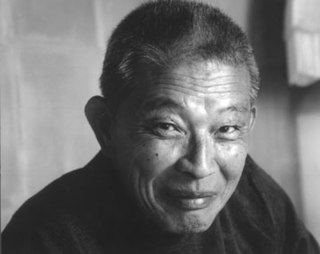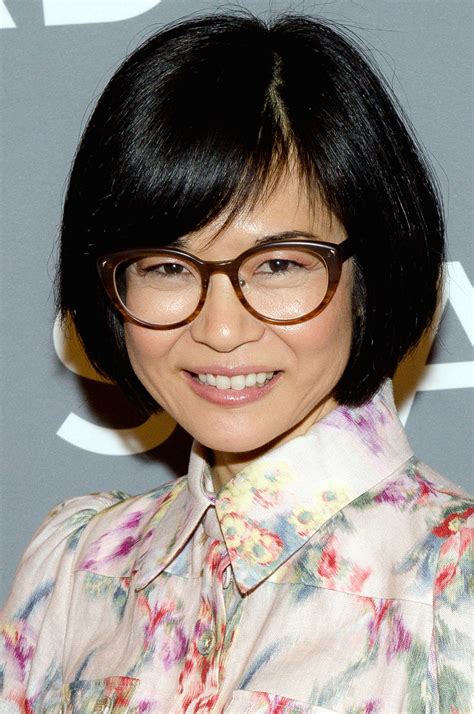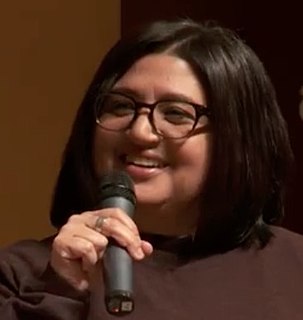A Quote by Mako
No matter what happens, we couldn't let people say Asian-American actors can't act.
Quote Topics
Related Quotes
Does people not asking me about Asian American literature mean they don't see it as its own literary tradition? I certainly believe in it as its own literary tradition, because your race plays a great factor in how you are seen by the world, and how you see the world; the fact that I'm an Asian American isn't incidental to who I am as a writer. Where it becomes difficult is defining what, if anything identifiable at all, makes an Asian American book an Asian American book, other than the fact of its creator being Asian. And I'd argue that there is nothing identifiable beyond that.
The more visibility, the more opportunities for Asian-American actors to play great roles. It goes to the studios opening up roles they might not have considered Asian actors for. The talent is there. I don't think there needs to be one superstar, but having more roles open up, that's the way changes happen.
I wish people wouldn't just see me as the Asian girl who beats everyone up, or the Asian girl with no emotion. People see Julia Roberts or Sandra Bullock in a romantic comedy, but not me. You add raceto it, and it became, 'Well, she's too Asian', or, ‘She's too American’. I kind of got pushed out of both categories. It's a very strange place to be. You're not Asian enough and then you're not American enough, so it gets really frustrating.
I always feel like people misunderstand the difference between an Asian story and an Asian-American story. That's completely different, too. I have friends who grew up in Asia, and our experiences are so different. Even though we might look the same, I feel like being Asian and then being Asian-American is completely different.
Hollywood can be a really tough environment for anyone trying to make a living. Unfortunately for actors of color, namely Asian Americans, opportunities have been and remain substantially limited. One place this is not the case is on 'Hawaii Five-0,' where we have three Asian American series regulars and a landscape rich with diversity.
I wish reporters were more in tune to the difference between the Asian experience and the Asian-American experience. I think often they lump the two together and think that when I talk about Asian-American narratives that they can cite 'Crouching Tiger, Hidden Dragon' or 'Mulan' as proof of concept when it's a different experience.
It's very difficult to be asking other people for opportunities. It is much more empowering to be creating opportunities, to be the one who is saying, 'Look, I'm going to take this from the ground up and create a story that is meaningful to me as an Asian American and cast it with Asian Americans and have Asian Americans writing it.'



































